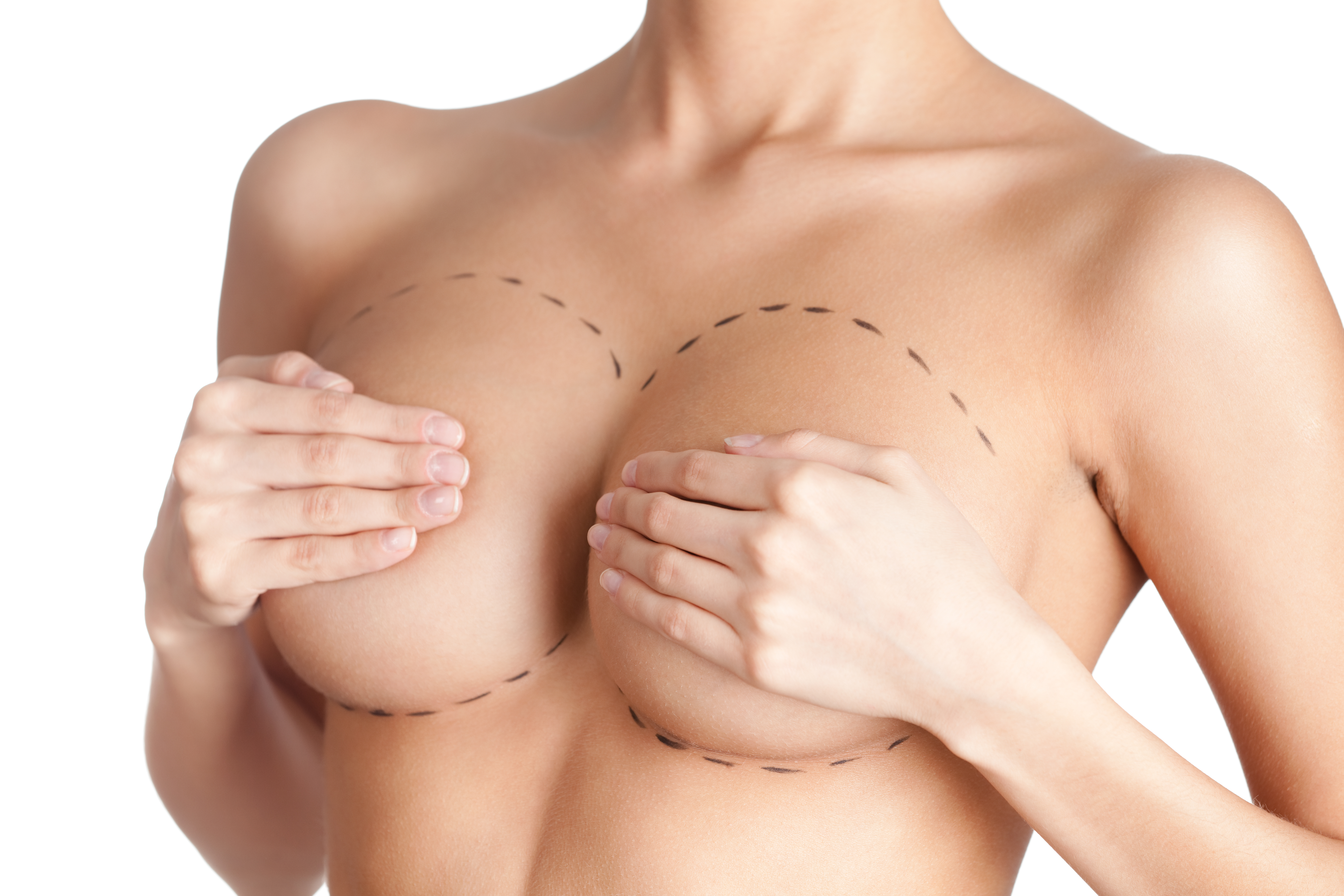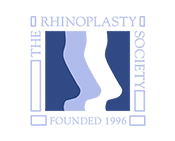
A common question that many prospective breast implant recipients ask is; can they still breastfeed after undergoing breast augmentation? The answer is yes you can just fine, but there may be a few caveats to consider.
A typical breast augmentation procedure does not remove the ducts or glands responsible for producing breast milk. So, in theory, all the necessary components are left in place for breast milk to be produced and released to a hungry infant. However, the ability to breastfeed may be impacted by the type of implants used, their placement, and even the method in which the surgery was performed.
Surgical Differences
The most common method of breast augmentation is to create an incision along the inframammary fold located at the crease under your breast. The implant is then placed under the pectoral muscles below the breast tissue. This method of implantation allows for maintenance of the milk ducts to the nipples and for proper milk production and release.
Other surgery methods for breast augmentation involve making incisions in the armpit or around the areola in an effort to make surgical scars less visible. Procedures involving cuts made to the areola may damage the nerves in that area, possibly interfering with your breast’s ability to send and receive nerve signals allowing breast milk to be released from the nipple. Milk ducts may also be compromised as well during this type of procedure.
Surgical procedures that place implants over the pectoral muscles may also interfere with milk ducts, however, only rarely.
Effect on Breast Milk Quality
The type of implant chosen should not affect the quality of your breast milk in any way. Of the two most commonly used implant materials, silicone and saline, the substance found within them rarely mix with breast milk. While cases of rupture of breast implants are considered a relatively rare occurrence, many health care providers agree that the chemicals used within breast implants will not adversely affect breast milk quality.
In cases of saline implant rupture specifically, the saline solution (sterile saltwater) is simply resorbed by the body with no harmful effects. However, the risks of silicone in breast milk are still relatively unknown, with many of today’s modern breast implants unlikely to leach into breast milk regardless. But consider this; cow’s milk and formula contain more of the element silicon than breast milk from moms with implants. Nevertheless, it is recommended to speak to a health care provider to see if your silicone breast implants affect the quality of your breast milk.
Why You Got Breast Implants
The reasons for obtaining breast augmentation may also be a factor affecting breastfeeding. If your breast implants were mainly done for cosmetic reasons, your breastfeeding ability should still remain intact. However, if you received breast augmentation because breast tissue had never developed, your breasts are spaced far apart, or your breasts are tubular or asymmetric in shape, it is possible that you have insufficient glandular breast tissue for milk production.
It is important to detail all of your questions and concerns to the plastic surgeon before undergoing any type of cosmetic surgery to better understand your risk. No surgery is free of complication, but steps can be taken to ensure that your exposure to unnecessary risk is minimized.
To get find out if breast augmentation is right for you, schedule your own personalized consultation at MAE Plastic Surgery in the Northbrook, IL area. Their experienced and highly trained doctors are happy to answer any question you may have to ensure you feel safe and confident when undergoing any cosmetic procedure. Call (847) 205-1680 today!





